
Dealing with a skunk-sprayed dog can be distressing for any pet owner. The best way to get skunk off dogs is to use a specialized de-skunking solution that effectively neutralizes the odor. Common household items like baking soda, hydrogen peroxide, and dish soap can also create an effective formula.
When a dog gets sprayed, timing is crucial. Acting quickly increases the chances of successfully removing and preventing the odor from entering their fur. Dog owners must stay calm and follow recommended procedures to restore their pets to a fresher state.
Education about proper de-skunking methods is essential. Knowing the right steps can alleviate stress and help pet owners manage skunk encounters more effectively. By being prepared, they can ensure their canine companions return to their usual selves without the lingering scent of skunk.
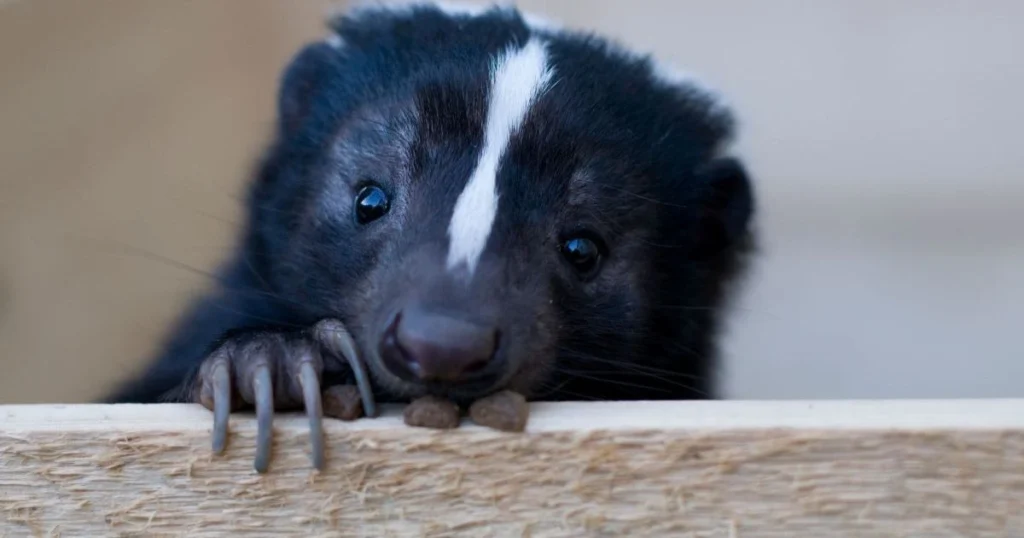
Skunk spray is a potent defense mechanism for skunks and can be particularly troublesome for dogs. Understanding its chemical makeup and effects on canines is crucial for effective removal and prevention.
Skunk spray primarily consists of sulfur-containing compounds, notably thioacetates and mercaptans. These substances are responsible for the strong odor that is notoriously difficult to eliminate.
These chemicals bond to fur and skin, making it essential to act quickly following exposure. Persistent odor can indicate inadequate removal, emphasizing the need for effective cleaning solutions.
Dogs exposed to skunk spray experience various effects beyond just odor.
In some cases, the chemicals can cause more severe reactions:
After a dog is sprayed, immediate bathing with a proper skunk removal solution is essential to mitigate both odor and adverse effects. Regular monitoring for skin issues may be necessary afterward.
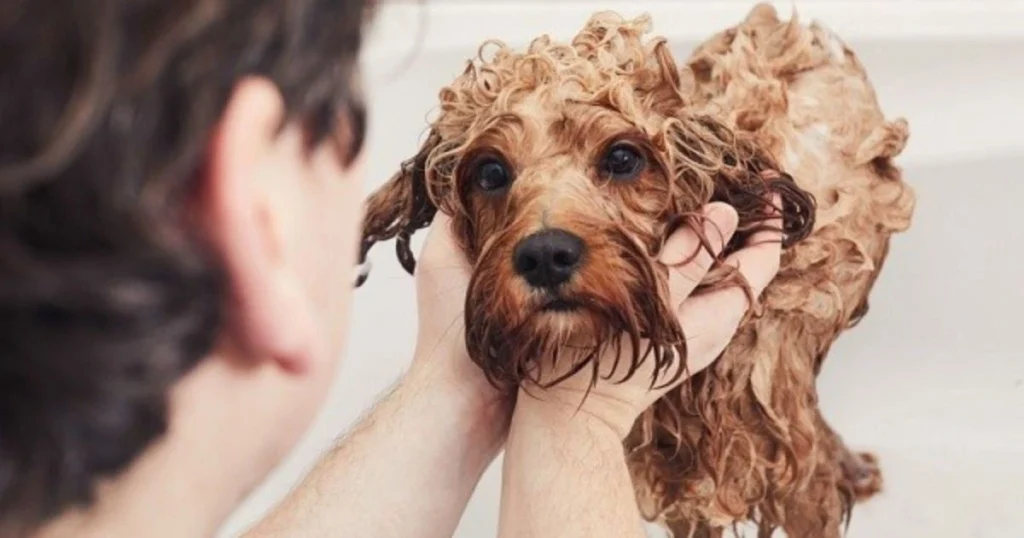
When a dog gets skunked, a swift and appropriate response is crucial. Addressing safety and ensuring the dog is isolated will help manage the situation effectively.
When a dog is skunked, the first priority is safety. The skunk's spray contains oils and chemicals that irritate the skin and eyes. If the dog is distressed, it’s important to approach cautiously to avoid bites or injury.
Wear gloves to protect your hands from the spray. Avoid touching your face, and ensure that the area is well-ventilated. If the spray gets into the dog’s eyes, flushing them with copious amounts of water is essential. Monitor the dog closely for signs of extreme distress or allergic reactions, as these may require vet assistance.
After ensuring safety, the next step is to contain the dog. Moving the dog to a confined area helps prevent the spray from spreading throughout the home. A garage, laundry room, or outdoor space is ideal.
Keep the dog away from carpets and furniture to avoid lingering odors. Remove any items that may carry the scent to control the situation better. It is also wise to restrict access to other pets, as the smell can affect them, too. This isolation ensures that attention can be focused on cleaning the affected dog effectively.
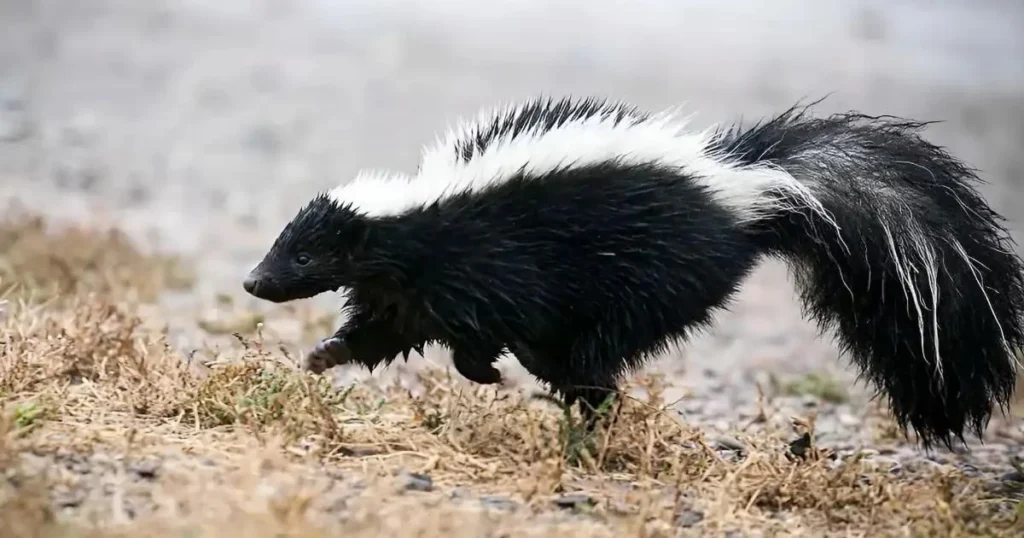
Removing skunk odor from dogs can be challenging, but effective DIY solutions exist. Utilizing common household ingredients or specific commercial products can help eliminate the unpleasant smell quickly and efficiently.
Several effective home remedies exist for getting skunk off dogs. One popular mix includes baking soda, hydrogen peroxide, and dish soap. This solution can neutralize skunk spray rather than just mask it.
Recipe:
Instructions:
Another option is to use white vinegar diluted with water. This can also help deodorize the fur.
In addition to home remedies, various commercial products are available specifically designed for removing skunk odor. Skunk odor removal shampoos are formulated to neutralize the chemical compounds in skunk spray.
It is crucial to choose a product labeled as deodorizing or odor-neutralizing. Many of these products contain ingredients like enzymes that break down odor-causing substances.
When selecting a commercial option, look for:
Following the manufacturer's instructions is important to achieve the best results.
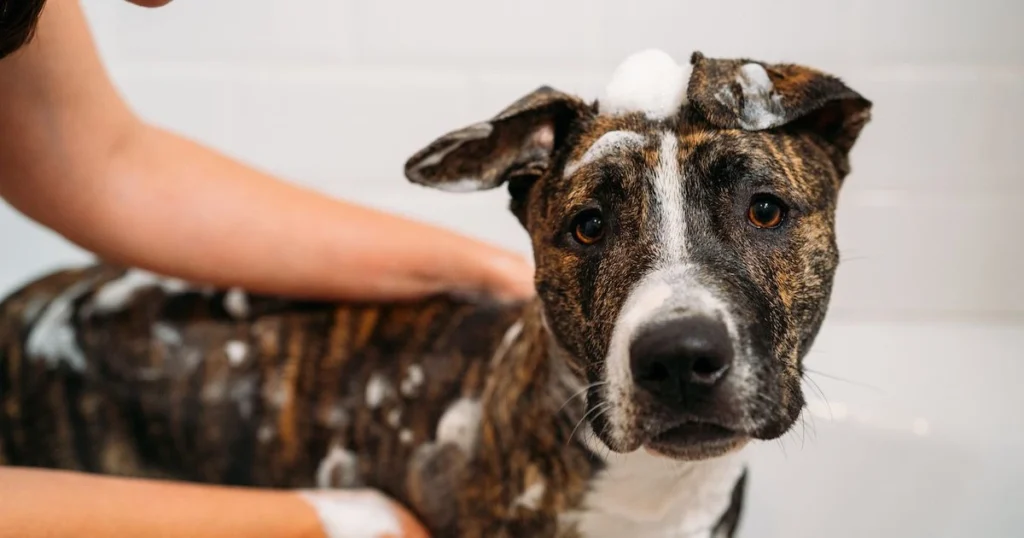
Removing skunk odor from a dog requires careful attention to bathing techniques and post-bathing care. Proper procedures ensure the effective removal of the smell while minimizing stress for the dog.
After the initial cleaning, monitoring the dog's condition is essential.
Throughout the aftercare period, monitoring behavior and comfort is crucial for the dog’s recovery.
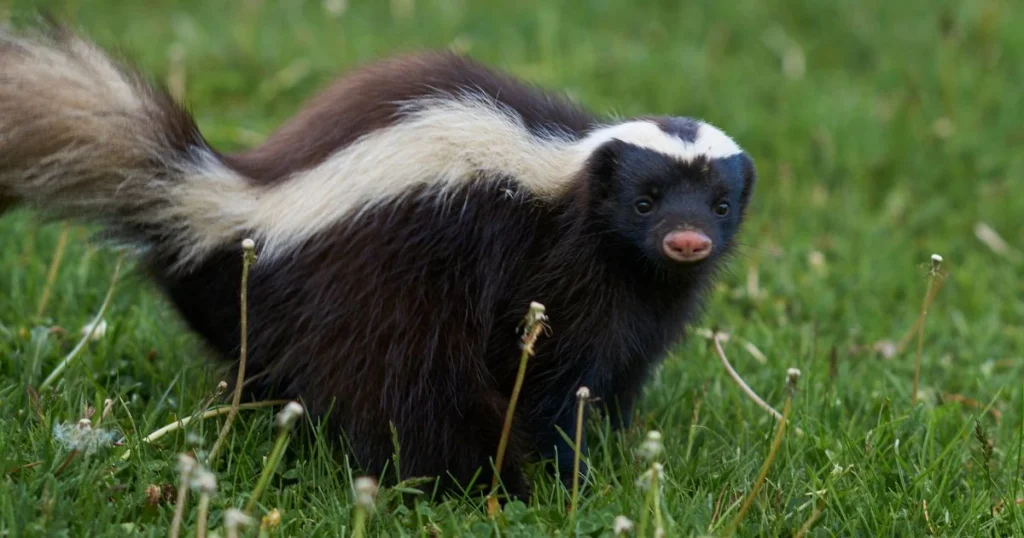
When dealing with skunk odor on dogs, seeking professional help can be beneficial. Veterinarians and grooming experts possess the expertise to effectively address the issue and ensure the dog’s health and well-being.
Veterinary clinics often provide specialized services for pets affected by skunk spray. They can assess the dog for signs of distress or health concerns related to the skunk encounter.
A veterinarian can recommend appropriate treatments or medications if a dog's skin irritations or allergic reactions occur. This personalized approach helps remove odors and ensures that the dog does not suffer from potential health issues from exposure.
In addition, vets may provide in-depth advice on home remedies and tips to prevent future skunk encounters. Pet owners who want a thorough examination should consult a veterinarian.
Professional groomers are well-known for tackling tough odors like skunk spray. They often have specialized shampoos and techniques to eliminate the smell effectively.
A groomer can also thoroughly clean, crucial for restoring the dog's coat to a healthy state. This service can include deep cleansing baths and conditioning treatments to neutralize strong odors.
In some cases, groomers may recommend follow-up treatments or at-home solutions to maintain the dog's cleanliness. Engaging a grooming expert offers peace of mind for owners looking to ensure their pets are odor-free.
For persistent wildlife problems, Critter Stop—a professional humane wildlife removal company—can assist with prevention strategies. They have a fantastic reputation and great customer service. Call Critter Stop at (214) 234-2616 for a free inspection and take the first step in solving wildlife or pest issues around your property.
This section addresses common inquiries regarding effective methods and safe practices for removing skunk odor from dogs. It includes household remedies, recommended products, and professional advice for complete odor elimination.
One of the quickest methods is to bathe a dog with a specialized skunk odor removal solution. A mixture of hydrogen peroxide, baking soda, and dish soap is commonly used and can effectively neutralize the odor.
Using gentle, non-irritating solutions is key. Avoid products with strong fragrances or harsh chemicals that may cause skin sensitivity. Always rinse thoroughly to prevent residue irritation.
Baking soda, hydrogen peroxide, and dish soap mixed together can create an effective solution. Alternatively, tomato juice is sometimes used, although it may not be as effective as the prior mixture.
Many pet stores offer specialized skunk odor removal products. Brands with enzymatic cleaners or deodorizers designed specifically for pets can provide good results.
Start by immediately isolating the dog to prevent spreading the odor. Bathe the dog as soon as possible using a skunk odor removal solution. Rinse thoroughly and repeat if necessary.
Professionals suggest using a combination of vet-approved treatments and thorough cleaning. If the odor persists, consulting a veterinarian may provide further options and advice.
After a close encounter, a quick bath using a skunk-specific solution or a homemade mix is advised. Keeping the dog away from areas where skunks are common can also help avoid future incidents.
Visit our Critter Library and learn more about our furry friends